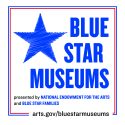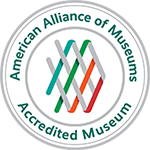The art world can be and is a microcosm of the world-at-large.
Peter Schjeldahl wrote recently in The New Yorker, October 19, 2020, a piece titled “Us Cosmopolitans” questioning the postponement of the Philip Guston retrospective. (Written in all caps, the title becomes a telling double entendre.)
Schjeldahl, now 78, born Fargo, North Dakota, is an art critic you can trust, no matter which value system you may subscribe to. Raised in Minnesota and living in New York City, or close to it, since 1964, Schjeldahl is the rare writer where one can literally find no filler words or sentences in his writing. No matter his topic, always a learning delight to read.

First page of Schjeldahl essay. Photo: R. Freeman
He writes, “The Guston affair is a symptom of a society-wide deterioration of trust in institutions and tolerance for uncongenial expression.”
“In a small way, the controversy exemplifies divisions that are splintering the United States: votes of no confidence in the good will of contending interests.”
Schjeldahl put on the table for discussion a broad understanding of the positions and causes that have contributed to a division within the art world itself.
Questioning the art world’s current status, Schjeldahl bears “I’m the kind of liberal who is perhaps oversensitive to the feelings of all constituencies.”
Schjeldahl is, with good reason, pessimistic. “Cold winds are blowing from the future onto aspirations to provide society, or even segments of society, with a capacity to bridge differences with mutual respect.”
These winds will continue for some time, but not without hope of amelioration. As Schjeldahl reminded, “Art goes on.”

Second page of Schjeldahl essay. Photo: R. Freeman
Healing can be an aesthetic methodology for individuals that also trickle into as well as throughout a nation. One of the ways art-making can help with healing is to do what art does best, examine values, to place values on the table for discussion. (Something the Guston exhibition aspired to explicate with the artist’s own “moral anguish.”)
The exhibition Rural Avant Garde: The Mountain Lake Experience and Cedarhurst itself follow a model of art-making, at the local community level, that allows for collaborative interactions among community artists and the local audiences that will be consuming those locally made art works. Consuming in the sense of enjoying them, acquiring, making, but also questioning and understanding the values that went into the making of the artworks themselves. Art is a way to see and appreciate each other’s values.
Using art as a way to celebrate shared community values, finding common ground, understanding differences, is a way, one way, of moving forward together as one nation to ensure that no one is harmed, anywhere, for any reason.
Art can celebrate our differences and possibly expose the benefits of our joyful differences.





